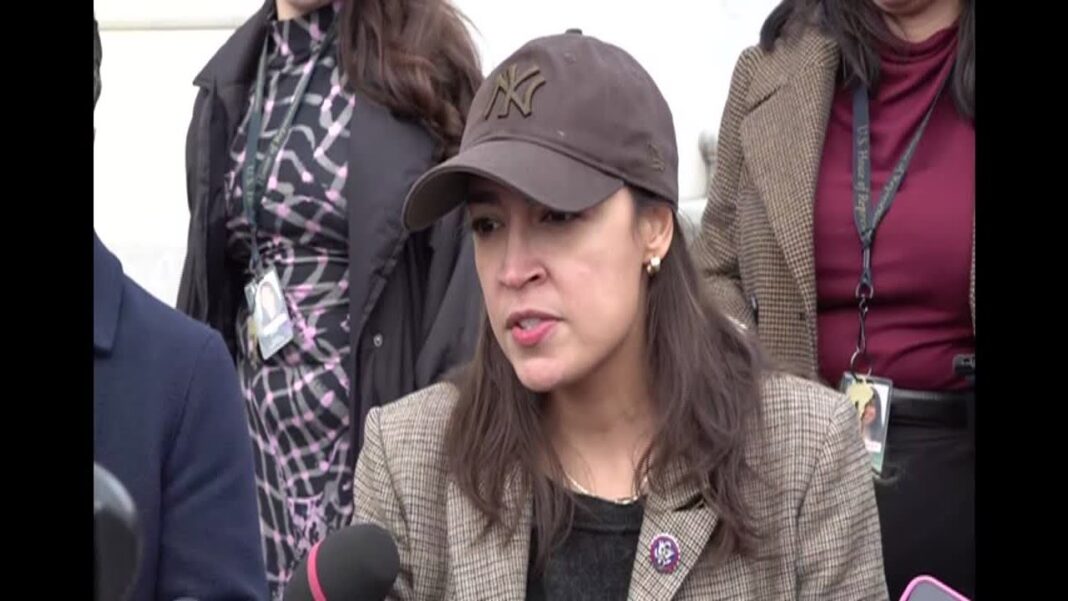Nearly half of the Philippines’ $14.5 billion in exports to the United States will be free from the reciprocal tariffs, Manila officials said.
More than $1 billion worth of agricultural products from the Philippines will be exempted from reciprocal U.S. tariffs after President Donald Trump removed duties on numerous goods to bring down cost of living, officials in Manila, the capital of the Philippines, said on Nov. 18.
Bananas, coconuts, mangoes, dried guavas, coffee, tea, spices, and certain fertilizers are among the products that will no longer be subject to the 19 percent levy when they enter the United States, the Philippine government announced.
Speaking at a Nov. 18 press briefing, Philippine Trade Undersecretary Ceferino Rodolfo said these agricultural products generated more than $1 billion in export value in 2024. This comes on top of previously announced tariff relief covering about $5.8 billion in industrial exports, including semiconductors.
Taken together, Rodolfo said, nearly half of the Philippines’ $14.5 billion in exports to the United States will be free from the reciprocal tariffs imposed under Trump’s tariff agenda, which seeks to rebalance U.S. trade relationships with every other economy in the world.
The Philippines, which runs a trade surplus with the United States, was initially hit with a 17 percent tariff on most of its exports. After further negotiations in Washington, the rate was raised by 2 percentage points in July, bringing it in line with the tariffs applied to other Southeast Asian countries.
The new relief follows Trump’s Nov. 14 executive order rolling back reciprocal duties on select agricultural imports. The order applies to “countries that produce substantial volumes of agricultural products that are not grown or produced in sufficient quantities in the United States,” including coffee, tea, tropical fruits, fruit juices, cocoa, spices, bananas, oranges, tomatoes, and beef.
The decision, according to the White House, is based on a combination of “substantial progress in reciprocal trade negotiations” and Americans’ current demand for certain imported goods and domestic production capacity.
Prices for many of these commodities have gone up sharply. The cost of coffee increased 18.9 percent between September 2024 and September 2025, according to the Bureau of Labor Statistics. Over the same period, beef, bananas, and oranges rose 14.7 percent, 6.9 percent, and 3.0 percent, respectively.
By Bill Pan








